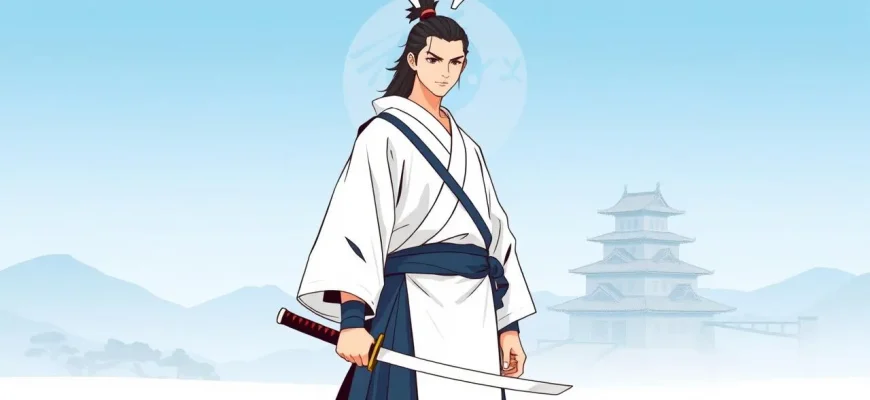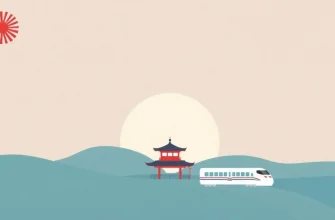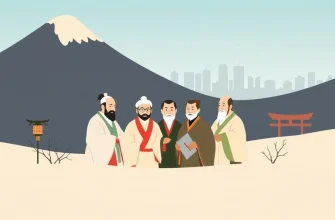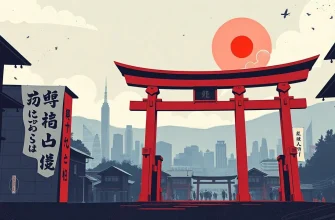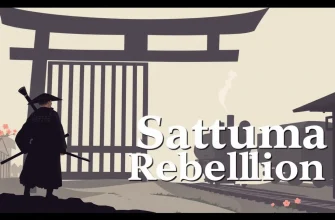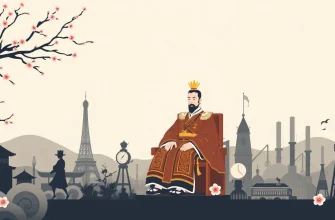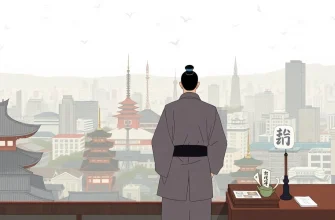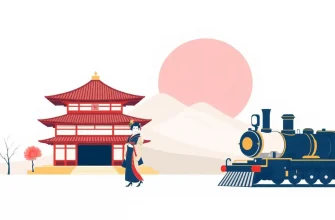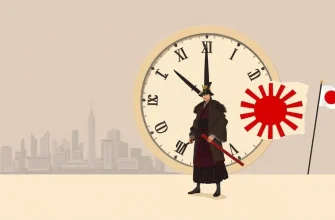The Boshin War, a civil war fought from 1868 to 1869 in Japan, marked the end of the Tokugawa shogunate and the restoration of imperial rule. This collection of films delves into the complexities of this era, showcasing the clash of old and new, the samurai's struggle, and the birth of modern Japan. Each film provides a unique lens through which to view this transformative period, offering both historical insight and cinematic brilliance.

The Last Samurai (2003)
Description: This epic drama, while not strictly about the Boshin War, captures the spirit of the samurai's resistance to modernization, paralleling the events of the war. It follows an American captain who becomes involved in the samurai rebellion against the emperor's modernization efforts.
Fact: Tom Cruise underwent extensive training in swordsmanship and Japanese culture for his role. The film's battle scenes were choreographed by renowned martial arts director, Nick Powell.
 Watch Now
Watch Now 
When the Last Sword Is Drawn (2003)
Description: This film explores the lives of the Shinsengumi, a group of samurai who played a significant role in the Boshin War. It focuses on the personal stories of these warriors, providing a poignant look at their loyalty and sacrifice.
Fact: The film was critically acclaimed for its historical accuracy and emotional depth, winning several awards at the Japanese Academy Awards.
 30 Days Free
30 Days Free 
The Twilight Samurai (2002)
Description: Set in the late Edo period, this film captures the life of a low-ranking samurai during the time leading up to the Boshin War. It explores themes of duty, honor, and the changing times.
Fact: The film was Japan's submission for the Academy Award for Best Foreign Language Film in
 30 Days Free
30 Days Free 
The Hidden Blade (2004)
Description: This film tells the story of a samurai who must navigate the changing political landscape of Japan during the Boshin War, focusing on his personal struggle with loyalty and duty.
Fact: The film is part of Yoji Yamada's trilogy on samurai life, following "The Twilight Samurai" and preceding "Love and Honor."
 30 Days Free
30 Days Free 
Samurai Rebellion (1967)
Description: While not directly about the Boshin War, this film reflects the samurai's resistance to the feudal system's injustices, which were a precursor to the war's causes.
Fact: It was one of the last films directed by Masaki Kobayashi, known for his critical portrayal of Japanese society.
 30 Days Free
30 Days Free 
The Sword of Doom (1966)
Description: This film, set during the late Edo period, explores the life of a ruthless swordsman, reflecting the moral decay and the coming upheaval of the Boshin War.
Fact: The film's ending was left open, with plans for a sequel that never materialized.
 30 Days Free
30 Days Free 
The 47 Ronin (1941)
Description: This classic film, while not directly about the Boshin War, captures the spirit of samurai loyalty and revenge, themes central to the war's narrative.
Fact: It was one of the first Japanese films to be released in the United States after World War II.
 30 Days Free
30 Days Free 
Shogun's Samurai (1978)
Description: This film delves into the political intrigue and power struggles that led to the Boshin War, focusing on the Yagyū clan's involvement.
Fact: It was one of the most expensive Japanese films made at the time, featuring elaborate sets and costumes.
 30 Days Free
30 Days Free 
The Fall of Ako Castle (1978)
Description: This epic film recounts the famous tale of the 47 Ronin, whose story is intertwined with the themes of loyalty and honor that were central to the Boshin War.
Fact: It was directed by Kinji Fukasaku, known for his work on the "Battles Without Honor and Humanity" series.
 30 Days Free
30 Days Free 
The Last Ronin (2010)
Description: This modern retelling of the 47 Ronin story provides a fresh perspective on the themes of loyalty and sacrifice that were prevalent during the Boshin War.
Fact: The film was praised for its contemporary approach to a classic tale, blending traditional samurai values with modern storytelling techniques.
 30 Days Free
30 Days Free 
